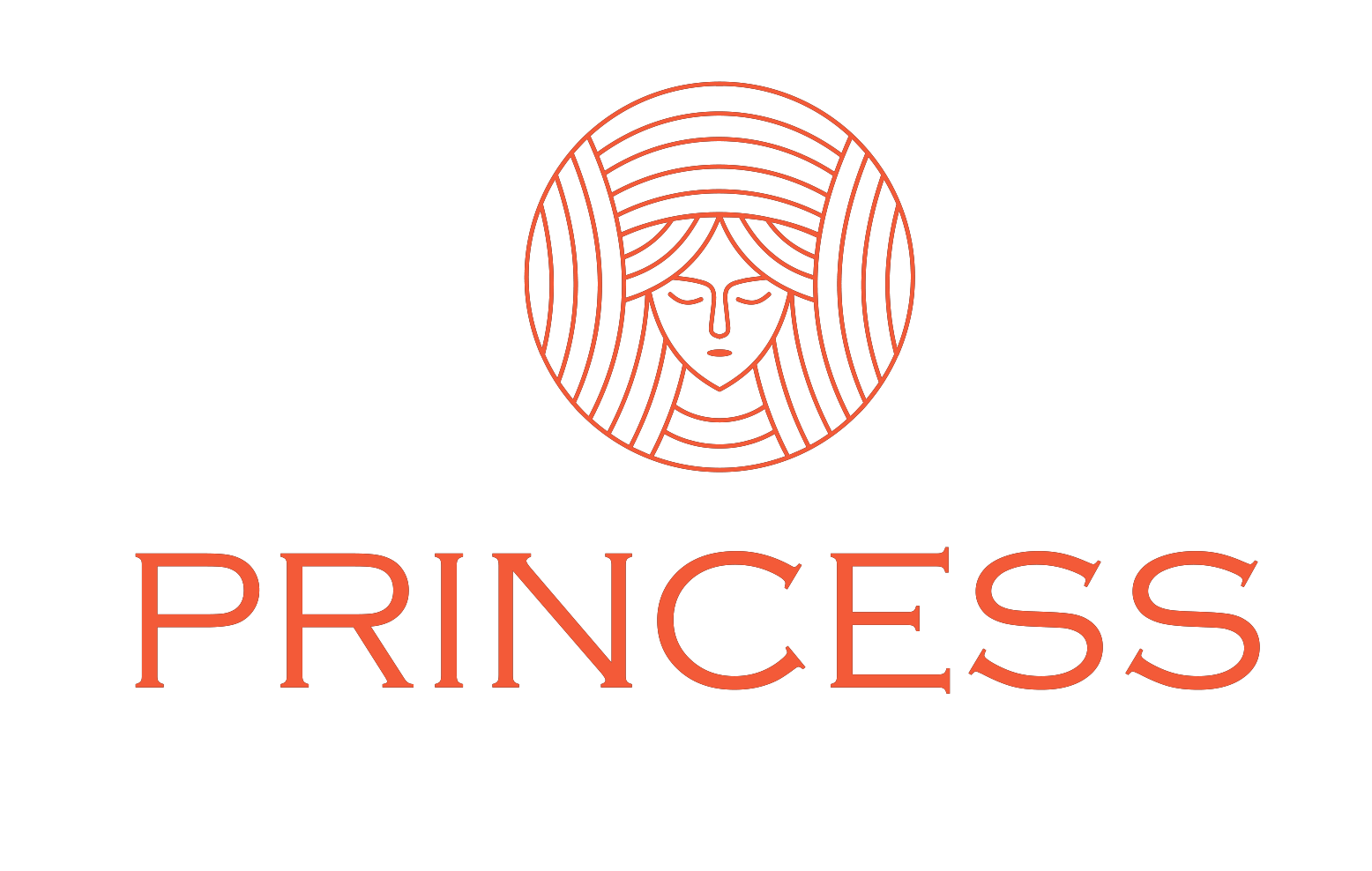As data becomes the primary source for business applications, companies are adopting more and new software for managing their data to ensure that they have access clean and reliable data. In turn, that leads to better decision making and increased profits. If the goal is to increase efficiency in operations, boost innovation in products or decrease risk, data management tools assist in achieving these objectives by automating workflows and improving communication between team members.
The best software for managing data will combine multiple sources of data into one platform that allows users to easily categorize and identify data sets, and access them intuitively. This allows companies to avoid a jumble of information and instead provide the most relevant set of information to experts in human and domain teams who can understand and leverage it. Data management tools are a method to streamline processes and create an efficient way to use and access the most valuable asset in a company.
Cloud-based data management tools allow for a reduction in infrastructure costs as well as an increase in the speed of data processing. Apart from managing and storing data, many of these solutions also offer other data services like metadata management and data lineage visualization.
The top tools for managing data include master software-served.com/2021/07/12/generated-post/ data management (MDM) that creates an unifying set of reference information on customers and other entities, as well as products; and data warehouse (DW) tools that use dedicated hardware to store large amounts of unstructured and structured data. Other tools, like Hadoop and distributed data platforms, let users process and analyze large quantities of unstructured data. These tools typically have advanced functionality such as flexible architectures that can be scaled and real-time data streaming capabilities.


